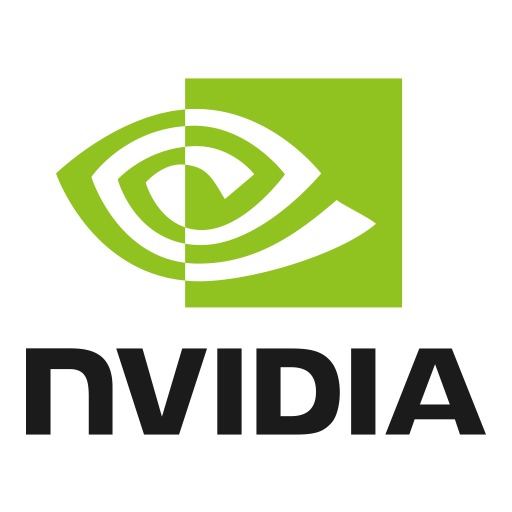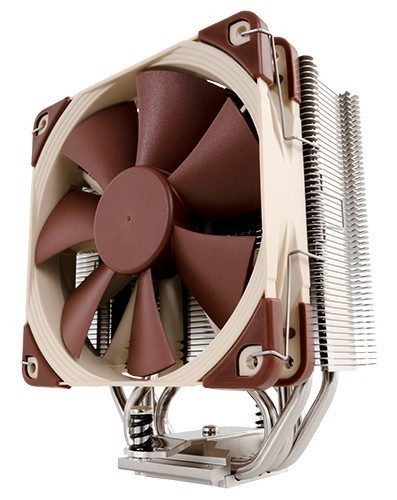Here are Puget Systems our product qualification team is constantly looking at new components to make our workstations better. Noctua recently released their NH-U12A, which is similar to the NH-U12S we have been using in many of our builds… but actually is more than it seems, in multiple ways. Here is an inside look at how we evaluated this new cooler, and how it will change the systems we build going forward.
Benchmark continues, but first.. Blue Screen!
I this ongoing series, I experience a very frustrating week, full of blue screen, crashes, and more blue screens.

NVIDIA RTX Graphics Card Cooling Issues
With the RTX series of GPUs, NVIDIA has moved to using dual fans as the standard cooling layout on their GeForce and Titan video cards. This is a big change from past generations and has even bigger implications for using NVIDIA graphics cards in multi-GPU workstations. Let’s look at what changed, what it impacts, and what can be done to work around it.

CPU Coolers and My Experiment
In order to double check the accuracy of Noctua’s Cpu cooler product we put its specifications to the test. This will explain CPU coolers and what we found.
Custom vs. Closed Loop Liquid Cooling
As a custom computer manufacturer, we’ve sold liquid-cooled systems from well before I joined the company. A water-based coolant is able to transfer heat away from hot components like the processor (CPU) and video card (GPU) more quickly than air alone would. That added cooling is appealing for folks who want to push their systems beyond design specifications. Overclocking ability is perhaps the most the most tangible benefit of liquid-cooling, but there are other reasons some folks are interested in it: liquid-cooling can make a computer look very stylish, for example, or allow operation of more hot-running components than a chassis could normally keep cool.
How to build a stable computer
Choosing the right hardware to go into your next computer can be challenging! It isn’t enough to simply make sure that all your parts are compatible: a few bad choices can mean the difference between having a machine you can rely on for years to come, and having a machine you’re perpetually troubleshooting and fixing…and wishing you could smash to pieces! If you buy a computer off the shelf, you have to go with what you’re given. If you build your own computer, or have one custom built, you have the power to build a great solid machine, but you also have the power to configure a machine that is prone to problems. With experience building thousands of machines, and being in direct control of our product line, I want to share some tips about how to make sure your next computer is rock solid.




